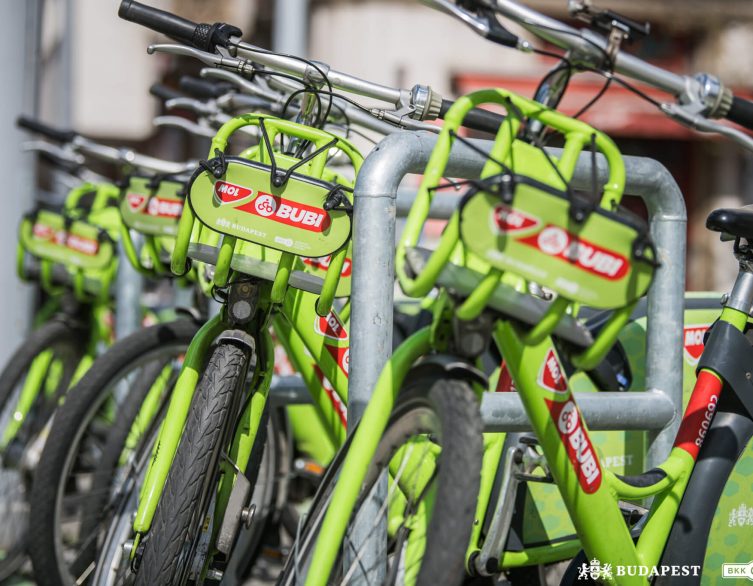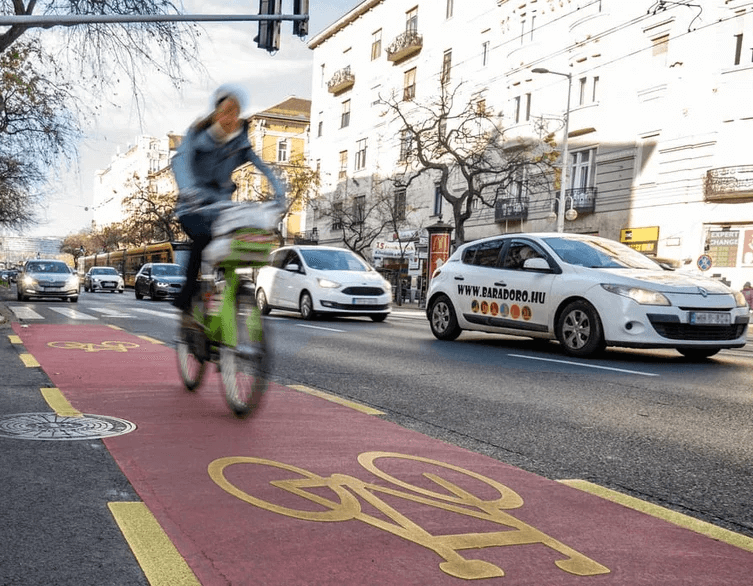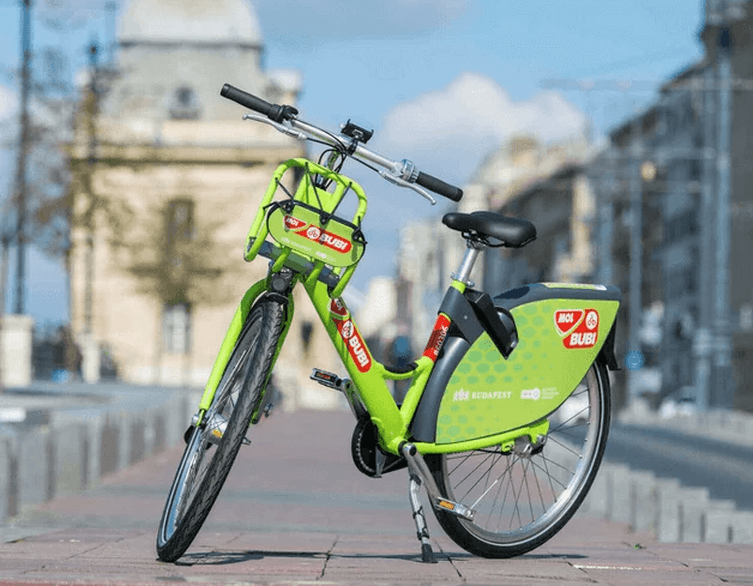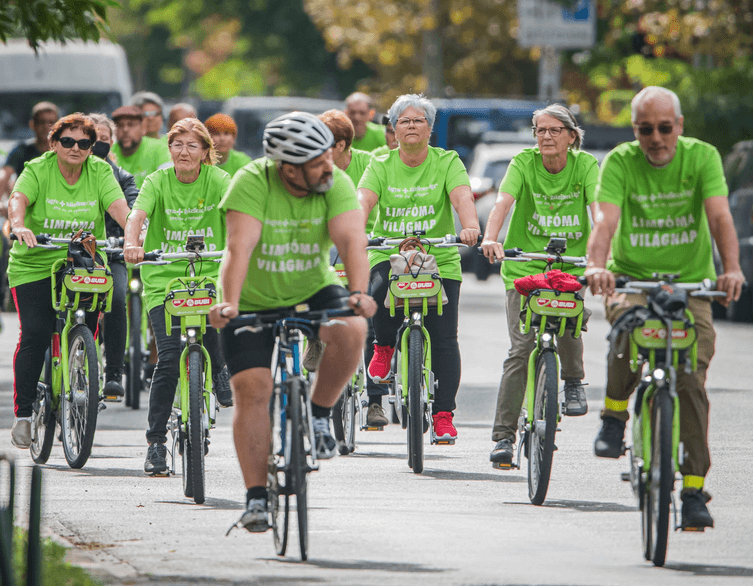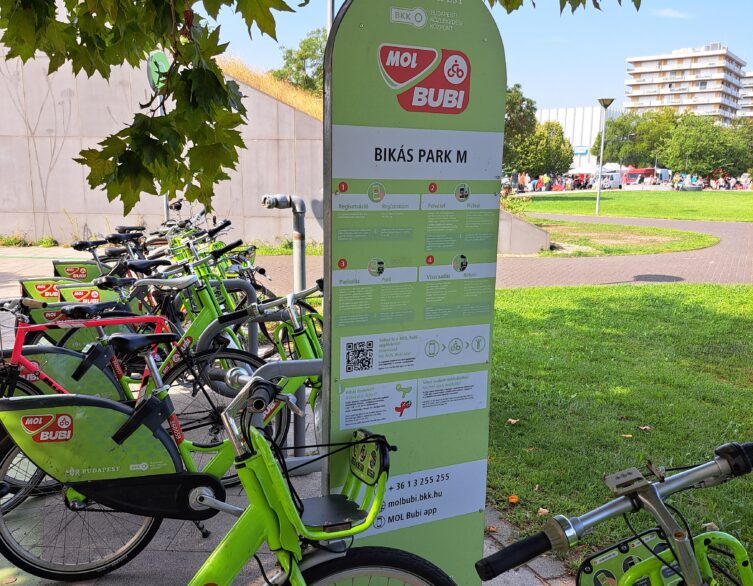Budapest’s MOL Bubi Bikes Get a Winter Pass for 2025
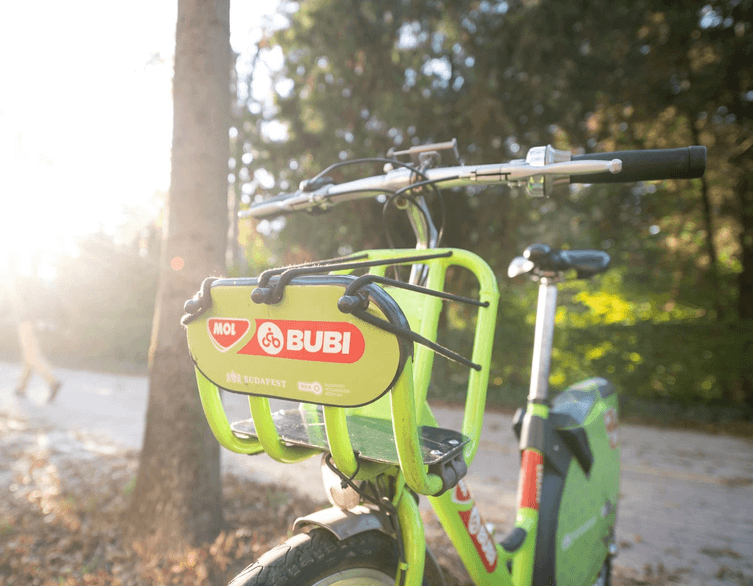
Budapest’s bright green MOL Bubi bikes are about to go through a major transition, and if you’re visiting the Hungarian capital this winter, you’ll want to understand what’s happening with the city’s beloved bike-sharing system. The good news? You can still cycle around Budapest affordably through December. The slightly complicated news? The system is changing, and there’s a special winter pass you need to know about.
The Winter Pass: Your Budget-Friendly Cycling Solution
Starting November 23rd, BKK (Budapest’s transport authority) is introducing a special “Winter MOL Bubi Pass” priced at just 500 forints—that’s roughly 1.25 euros or about what you’d pay for a decent coffee. This pass works exactly like the previous monthly subscriptions, giving you unlimited 30-minute rides, which is genuinely enough time to reach most destinations in central Budapest.
Here’s the important detail: regardless of when you purchase this winter pass, it expires on December 23, 2025. Buy it on November 23rd and you get a full month. Buy it on December 20th and you get three days. The expiration date is fixed because that’s when BKK’s current service contract ends. The system isn’t shutting down permanently—it’s transitioning to a new generation—but the timing means this temporary pass bridges the gap.
Until November 22nd, you can still purchase regular monthly passes, which will remain valid until their natural expiration dates. However, after November 22nd, monthly passes stop automatically renewing, and the 500-forint winter pass becomes your best option for affordable cycling.
Why This Pass Is Perfect for Tourists
For visitors spending even a few days in Budapest, this winter pass represents exceptional value. A single 30-minute ride costs significantly more than 500 forints if you’re paying per-minute rates, so the pass pays for itself after just two or three trips. More importantly, it eliminates the stress of watching the clock while cycling, letting you actually enjoy exploring the city.
Budapest’s compact center means those 30-minute intervals genuinely cover substantial distances. You can easily cycle from Parliament to the Great Market Hall, from Heroes’ Square to the Danube riverside promenade, or from the Jewish Quarter’s ruin bars to City Park—all major tourist routes that fit comfortably within the half-hour window. If you’re planning longer explorations, simply dock your bike at any station, grab a coffee, then start a fresh 30-minute ride for the next leg of your journey.
The MOL Bubi app (available for iOS and Android in English) shows real-time bike and dock availability across the entire network, so you’ll know before walking to a station whether bikes are available. Download and register before arriving—standing on a Budapest street corner with limited data trying to figure out registration is nobody’s idea of vacation fun.
Winter Cycling: Easier Than You’d Think
Don’t let the season discourage you from cycling. Budapest’s winters have become surprisingly mild in recent years, with minimal snow and temperatures typically hovering around 0-5°C (32-41°F). Sunny autumn days around 10-14°C are genuinely delightful for cycling, offering crisp, energizing air without summer’s oppressive heat.
The key is dressing properly. Layer strategically with a moisture-wicking base, insulating middle layer, and windproof outer jacket. Pay special attention to hands (proper cycling gloves are essential), feet (thick socks), and your neck (a buff or scarf that pulls up over your nose makes breathing cold air much more comfortable). Wind chill on a moving bike dramatically drops perceived temperature, so that windproof outer layer matters more than you might expect.
Best deals of Budapest
Visibility becomes critical as darkness arrives by 4:30 PM in December. MOL Bubi bikes come equipped with lights, but check they’re actually working before leaving the station—press the buttons or pedal a few times to verify. If lights don’t function, lock that bike back up and grab another one. Wearing bright colors or reflective elements helps drivers see you on Budapest’s sometimes dimly-lit side streets.
Route planning requires slightly more awareness in winter. Main roads and popular cycling routes like the protected lane along Andrássy Boulevard receive better maintenance than side streets. After rain, avoid bike lanes surrounded by trees where wet, decomposing leaves create slippery surfaces. Morning rides require caution for potential black ice, especially on bridges and shaded sections where temperatures drop below freezing overnight.
The Bigger Picture: What’s Coming Next
This winter pass exists because Budapest is preparing something exciting: Bubi 3.0, a dramatically upgraded system launching in 2026. The new fleet will include at least 5,000 bikes (more than double the current 2,460), with at least 1,000 featuring electric assistance—perfect for tackling Buda’s notorious hills without arriving drenched in sweat.
The service area will expand significantly, eventually covering every major transport hub with 30,000+ daily passengers, including all metro stations. New neighborhoods like Zugló, Angyalföld, Újpest-városkapu, and Kőbánya-Kispest will join the network, and bikes will integrate with Mobi-points (Budapest’s multimodal transport hubs). For tourists, this means even more flexibility exploring beyond the traditional city center.
BKK started planning this transition back in 2023, consulting with major European cities like London, Vienna, and Warsaw to create requirements meeting Budapest’s specific needs. The procurement process took over a year because selecting someone to manage thousands of bicycles across an entire capital involves slightly more complexity than ordering takeout. While Budapest’s City Assembly requested an additional risk assessment before signing the final contract (slowing the original May 2026 launch timeline), the goal remains minimal service interruption.
Making the Most of Your Winter Pass
The 500-forint winter pass turns Budapest into your personal cycling playground. Use it for practical transport between attractions, eliminating the need to decipher bus routes or wait for metros. Use it for spontaneous exploration—when you spot an interesting street or café, just dock your bike and investigate. Use it to experience neighborhoods beyond the tourist center, discovering the Budapest that locals actually live in.
Budapest’s bike lanes have expanded significantly in recent years, with protected lanes making cycling safer and more pleasant. The bikes themselves are sturdy rather than speedy—designed for practical urban transport, not racing. At 25 kilograms each, they’re not lightweight, but that heft provides stability on occasionally rough pavement. Puncture-resistant tires mean flats are rare, and the bikes handle cobblestoned sections reasonably well.
One useful feature: you can use two bikes simultaneously with one registration at no extra cost, perfect for couples or friends cycling together. Just remember both bikes need returning within their respective 30-minute windows. The stations are everywhere in the city center, marked by distinctive green branding that’s impossible to miss.
The Bottom Line
Budapest’s MOL Bubi winter pass represents one of the best transportation deals you’ll find in any European capital. For 500 forints, you get unlimited short trips through December 23rd, letting you explore Budapest efficiently, affordably, and sustainably. The system might be transitioning to its next generation, but that doesn’t diminish its current utility for smart travelers.
So download that app, grab the winter pass, dress for the weather, and discover Budapest from two wheels. You’ll see more, spend less, and gain a completely different perspective on one of Europe’s most beautiful cities. Because honestly, gliding along the Danube on a crisp winter morning with the Parliament building illuminated by low sunlight? That’s the kind of travel moment that stays with you long after you’ve returned home.
Related news













